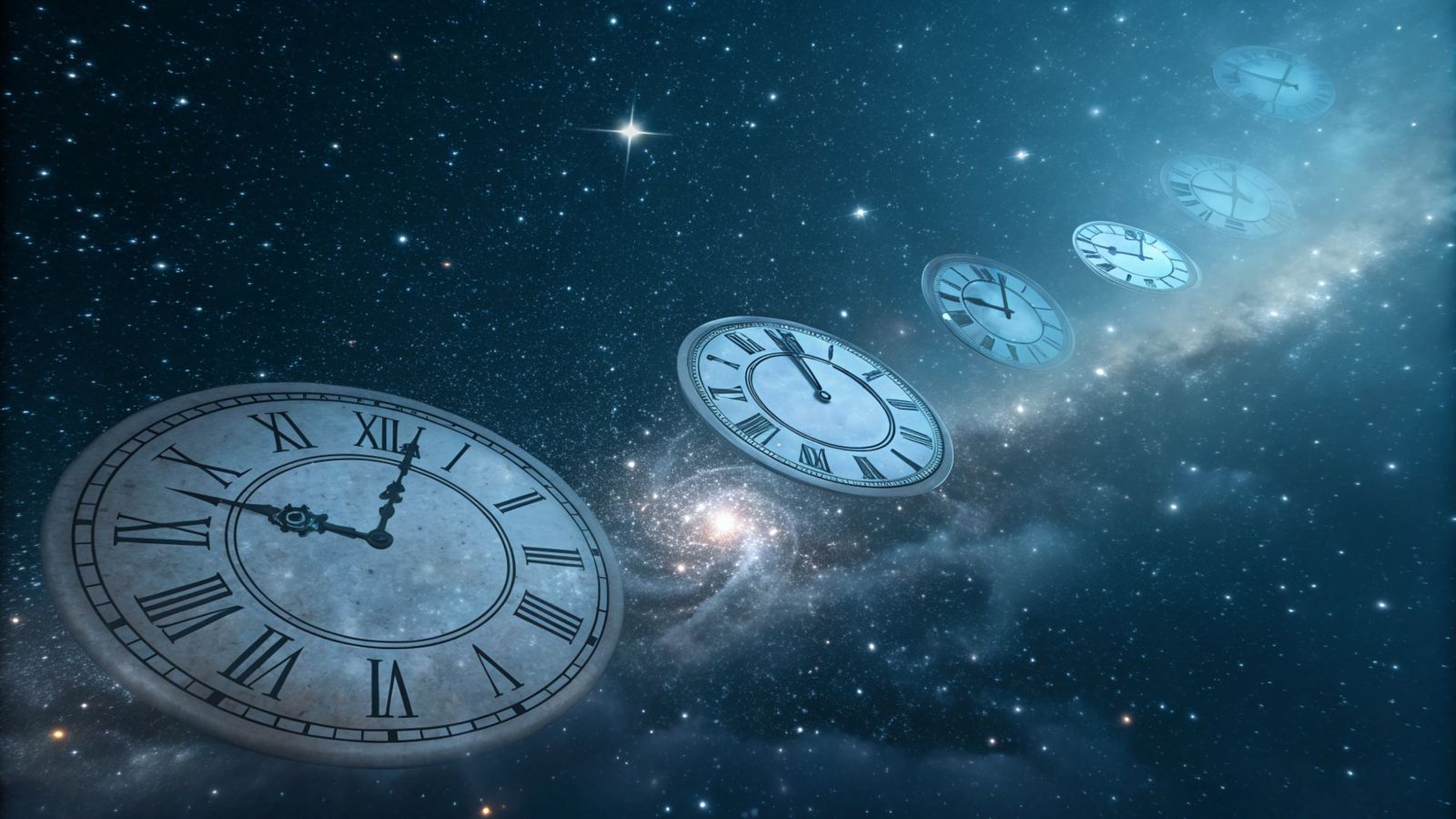Temporal singularities in the universe? 🕰️
Follow us on Google News (click on ☆)
Richard Lieu, a physicist at the University of Alabama, publishes a bold model in Classical and Quantum Gravity. He suggests that the expansion of the universe could be due to transient singularities, eliminating the need for dark matter and dark energy. These singularities, though brief, would uniformly influence all of space.

This model avoids exotic concepts like 'negative mass.' Instead, it proposes that the universe undergoes rapid, imperceptible expansion 'jumps.' These events respect conservation laws, an improvement over previous theories. Matter and energy would appear and vanish in a cosmic blink of an eye.
These singularities also generate 'negative pressure,' similar to dark energy. This pressure would have a repulsive gravitational effect, explaining the acceleration of the universe's expansion. Richard Lieu compares this phenomenon to the effect of a magnetic field along a field line, a concept already considered by Einstein.
Unlike the standard model, where a single singularity marks the Big Bang, Richard Lieu envisions multiple events. These singularities would not be omnipresent but intermittent, explaining why dark matter and dark energy remain elusive. This theory opens new perspectives on galaxy formation.
Richard Lieu proposes using ground-based telescopes to test his model. Deep sky observations, analyzed in redshift slices, could reveal 'jumps' in the distance-redshift relationship. This method would provide tangible evidence of the existence of temporal singularities.
This theory, if confirmed, could revolutionize our understanding of the universe. It replaces entities that have remained mysterious to this day with more concrete physical mechanisms. Future astronomical observations will be crucial to validate or refute this bold hypothesis.
What is a temporal singularity?
A temporal singularity is a moment when the laws of physics, as we know them, cease to apply. These singularities are brief and uniformly affect all of space. They allow the expansion of the universe to be explained without resorting to dark matter or dark energy.
These singularities are so rapid that they evade direct observation. However, they generate measurable effects, such as negative pressure, which influences cosmic expansion. Their exact nature remains a mystery, much like that of the Big Bang itself.
Richard Lieu's model differs from previous theories by avoiding any violation of conservation laws. The proposed temporal singularities respect the conservation of mass and energy, an essential condition for any viable cosmological theory.